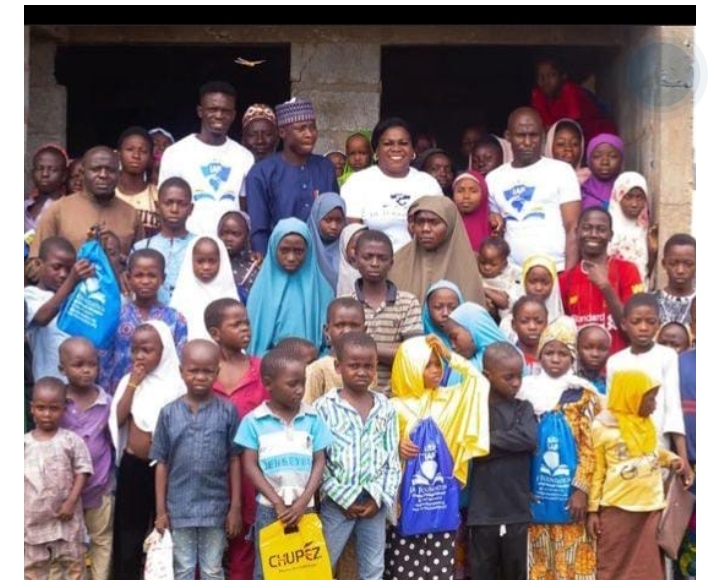Foundation moves to tackle Nigeria’s out-of-school crisis
IA-Foundation on Friday says it has initiated fresh moves to tackle the crisis considering Nigeria’s 18.3 million out-of-school children figure.
The founder of the charity, who is a British-born Nigerian, Ibironke Adeagbo, underscored the importance of the initiative, noting that the nation’s economic and social future depends on our collective commitment to quality education.
She stated that Nigeria’s education system is at a critical juncture, grappling with severe challenges, including inadequate infrastructure and chronic under-funding.
“With over 18 million children out of school, Nigeria’s education landscape faces an unprecedented crisis; Hence, the need for us to come up with initiatives to address the scourge. The initiative will be unveiled in a matter of days.
“The nation’s economic and social future depends on our collective commitment to quality education.
“IA-Foundation is committed to driving actionable solutions at this point in time because we must secure a brighter future for our out-of-school children and Nigeria education at large,” she said
In a bid to ignite critical discussions that would lead to substantial and measurable changes in the education sector, Adeagbo disclosed that an international summit tagged: “Street to School: A Tech-Based Solution had been slated for Lagos later this month, because they cannot afford to overlook the urgent needs of our education sector.
She added that this will be followed by an awareness walk from Falomo underbridge, restating her call for the Federal Government to increase budgetary allocation to the education sector in line with UNESCO’s recommendation of allocating 15 to 20 per cent of total public expenditure to education.
She also called for strengthening of partnerships with civil society groups to fund educational initiatives, aimed at tackling various problems in the education sector, especially the out-of-school challenge.
Adeagbo said that Nigeria should implement initiatives targeted specifically at marginalised groups, including girls, children with disabilities and those from low-income families.


























